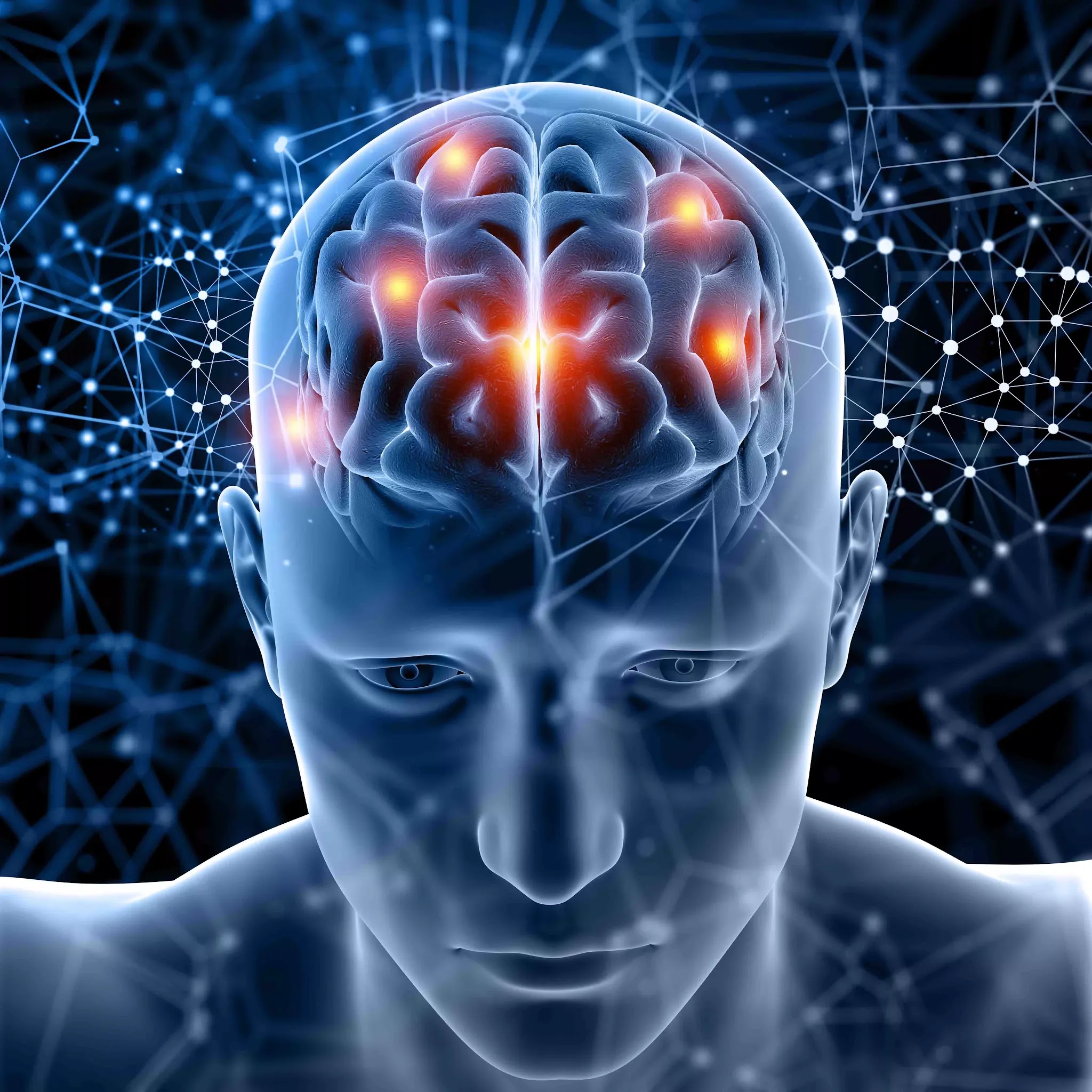We've all heard the phrase, you are what you eat. And it's true. What you put into your body affects not only your cholesterol and blood pressure, but also your energy level, your memory, and the way your brain functions. So with that in mind, get it. Here's a healthy cheat sheet to boost your Brain Health and Nutrition.
Boost Brain Health with Healthy Fats
Diets high in saturated fat and cholesterol are tied to an increased risk for depression, stroke, and Alzheimer's, yet these types of diets are among the most popular for staying healthy. Eating more healthy monounsaturated fats—found in Leafy green vegetables such as spinach, kale, or salad greens Avocado Nuts and seeds Wild-caught fish such as tuna or salmon Tofu Low-fat dairy products such as goat cheese, yogurt, or ice cream The following 30 percent of fat should represent healthy fats in your diet: Sunflower oil Soybean oil Chia seeds MCT Oil Spinach Coconut oil Fatty Fish and Shellfish These healthy fatty fishes and shellfish provide essential nutrients, such as Omega-3's, Vitamin D, and various antioxidants.
Get More Protein
The human body produces proteins by converting carbohydrates, but if you consume them in excess, your body will deplete those carbs for energy. High-protein foods make you feel fuller, which in turn increases your appetite. What's more, the brain needs about 50 to 55 percent of the protein it gets from the body, so doubling your protein intake helps your cognition.
A great place to start is with lean meats, especially chicken, which has a 4-ounce serving of protein in it. Here are some good sources of protein: Beef: 4 ounces Bison: 3 ounces Chicken breasts: 6 ounces Lamb chops: 3 ounces 3. Go Green Scientific studies have shown that exposure to "green" air (or negative ionization) is good for the brain.
Upgrade Your Carbs
Sitting still for long periods of time has been shown to slow brain function. So to stay sharp, consume as many carbs as your body needs. That said, your body needs to burn around 3,500 calories a day to fuel your brain. For the average person, that means more than six cups of whole wheat pasta, whole-wheat toast, or two slices of whole-wheat bread with peanut butter. Think of these foods as a snack, not a full meal.
And think of added fruits, nuts, and seeds as healthy bonuses. Reduce Your Risk of Alzheimer's Researchers have found that chocolate is a real mood booster. In fact, those who regularly eat chocolate report feeling happier and less stressed. That's great news if you suffer from chronic depression or even middle-aged mood swings.
Add Some Variety to Your Diet
It's hard to make meals that pack a nutritional punch if all you eat is salad, fruit, and beans. Get your tastebuds excited by adding in a few more protein and nutrient sources. For example, oats are high in fiber, low in calories, and full of filling nutrients like B vitamins. But they aren't the only old-school staple that will make you feel full and satisfy your hunger.
Cooked garbanzo beans are low in fat and packed with protein and fiber. These beans are also healthy for your brain. Research shows that eating beans may improve memory, as well as lower inflammation. Oatmeal, another high-fiber, low-calorie fiber-rich food, can be part of a healthy breakfast.
Monitor Your Stress Levels
Stress affects almost every organ of the body, with major effects on the brain. And high stress can have a massive impact on cognitive ability, the number and size of blood vessels in the brain, and lower production of growth hormone. So, one way to combat stress is to learn stress management techniques.
Try Tai Chi You've likely heard of qigong, tai chi, or yoga—yoga was the first exercise shown to improve intelligence in the teaching of Master Chang-Ho-Kwang. But how about tai chi? Tai chi can be done as a martial arts-like exercise or as a low-impact class that you can follow at home. It can boost your cardiorespiratory health, improve your mood, and improve muscle strength and balance. Many of the health benefits of tai chi can be reversed with meditation.
